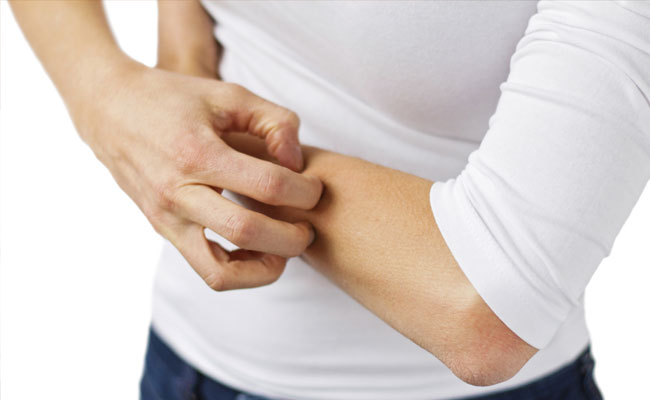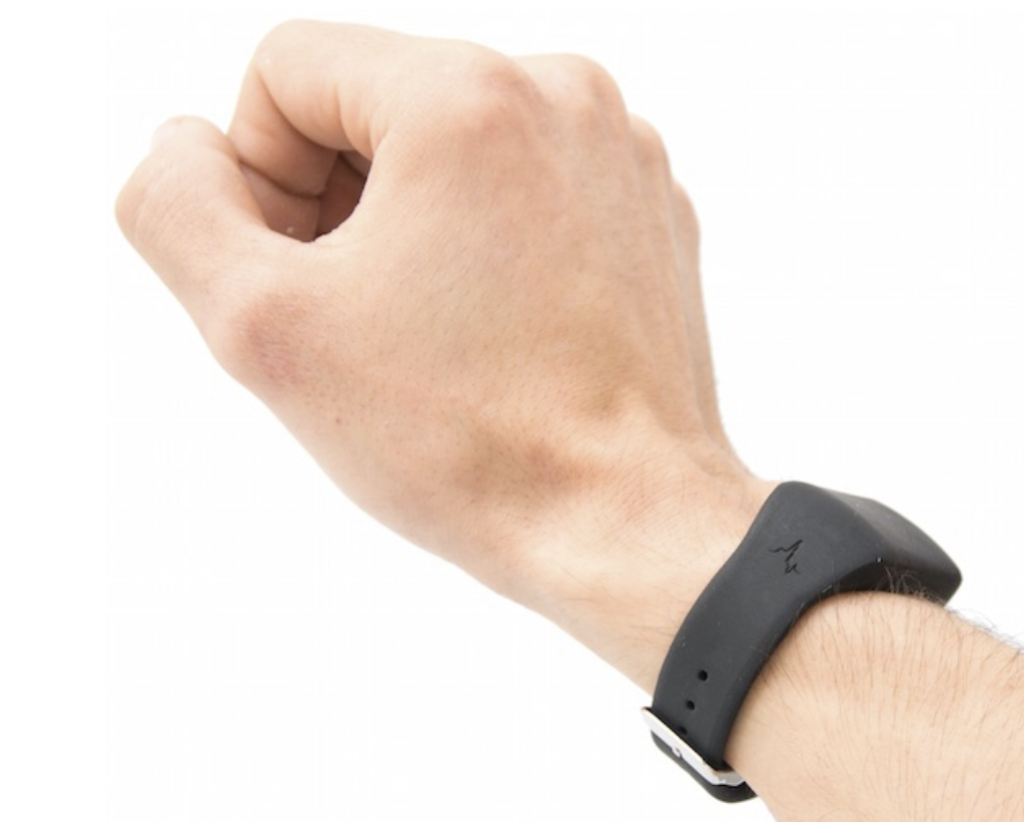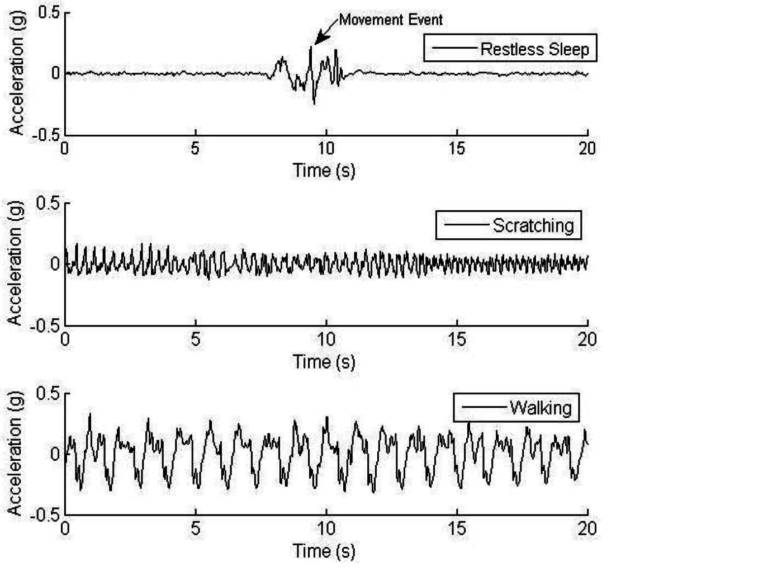Data Source
– Published literature
– Transcripts of audio-recorded interviews with kidney patients and healthcare professionals
– Accelerometer and questionnaire data from 45 kidney patients who suffer from itch
Funding
The research is funded by Kidney Research UK (grant reference IN_013_20160304)
Methodology
STAGE 1
We have interviewed 25 people with kidney disease who have personal experience of itch, as well as 22 doctors and nurses who treat them in Central Manchester Foundation Trust, University Hospitals Leicester NHS Foundation Trust and Samuel Johnson Community Hospital in Lichfield. The purpose of the interviews was to identify why itch was not being discussed during clinic consultations.
Additionally, we looked at other studies that used data from accelerometers to assess sleep and scratching in people with itch.
STAGE 2
NOW recruiting: see below for details
In Stage 2, we will ask people with kidney disease to wear an accelerometer at home for a week to automatically collect data on their sleep and itch. We will invite both people with and without itch, so that we can investigate whether the data looks different between these groups.
In addition to wearing the accelerometer, we will ask people to keep track of their sleep and itch in daily logs and complete an online questionnaire at the end of the data collection week. The log and questionnaire data will allow us to compare the ‘objective’ sleep and itch data from the accelerometer to the ‘subjective’ data reported by patients.
A third questionnaire will ask patients whether they found it acceptable and feasible to collect accelerometer data at home as a way of assessing their sleep and itch.




